Firebird - Review
Kings Head Theatre • Thurs 9th Jan - Sun 9th Feb
Firebird is the story of a forbidden love between two Soviet servicemen, Sergey, a young Private in the Soviet Air Force, (Theo Walker) and Roman, a maverick fighter pilot. (Robert Eades) Set in Soviet-occupied Estonia at the height of the 1970’s Cold War, this four-hander is made all the more fascinating given it is based on a true story originally told by Sergey Fetisve in his book ‘A Tale About Roman’, published in the early nineties under the pseudonym Sergey Nizhny. Having already been made into a film in 2021, also called Firebird, this new theatrical production receives its world premiere at the Kings Head Theatre, Richard Hough’s script being based on both the original memoir as well as the films screenplay by Peeter Rebane and Tom Prior.
The ‘Firebird’ of the title refers to an orchestral work by Russian composer Igor Stravinsky. Written for a ballet of the same name it provides the soundtrack for Sergey and Romans first kiss, the music playing in the background at Roman’s quarters where he has sneaked the Private into the Officer’s Barracks after some drunken New Years Eve celebrations that herald the start of 1978. The different ranks of the two servicemen is not the only complication to this couple’s tryst as, should their ‘sexual indiscretion’ be discovered, both could face five years hard labour, homosexuality being outlawed in the Soviet military at the time.
They are however discovered by their Colonel, Alexei Kuznetsov, (Nigel Hastings), who seems strangely sympathetic in the blind-eye he is prepared to turn having received news that Sergey was seen coming out of the Officers Barracks at 2am, instead preferring to encourage the liason Roman has also struck up with his secretary Luisa, (Sorcha Kennedy) in what, over the passage of time, becomes an increasingly complicated love triangle that reaches breaking point when it is revealed Luisa is pregnant.
With so much at stake for both Roman and Sergey, who find it impossible to ignore their feelings for each other, despite all of the obstacles they face, I would have expected director Owen Lewis’s production to be crackling with the tension and heartache such circumstances would have led too. Unfortunately, this was not to be. Instead the 90 minute runtime seems to find itself being bogged down in the exposition of the story at the expense of it’s far greater emotional impact, further hindered by many of the more poignant scenes coming to an abrupt end just at the point where any meaningful exploration of the characters true feelings of love, lust, repression, anguish and denial could have really been made. Add to this the fairly stoic Russian soldiers being played with equally stoic RP accents and this production ultimately falls short of finding it’s more emotional heart.
That being said, the second half of the play is somewhat saved by the passing of time and moving the action beyond the confines of the barracks and into a flat Roman has rented, (the versatility of Gregor Donnelly’s set design and Clancy Flynn’s lighting are impressive and allow director Owen Lewis to make the best use of both as he orchestrates the action throughout). It is in these latter stages of the play that Sorcha Kennedy, as the increasingly suspicious Luisa, makes a triumphant bid at expressing the real heartache and ultimate redemption that seemed lacking from both Eades and Walker’s performances, but even here I found myself wanting to know so much more about all of the characters. When the Colonel remarks “Many of us have friends like Roman in our youth, but we grow… we change”, it seems almost confessional, but is yet another moment that is once again left frustratingly hanging.
Despite not having seen the film, (a situation I fully intend to correct asap), I can’t help but wonder if Hough’s script has been stymied by tieing itself so closely to its two sources, those being both the original book and the screenplay for the film, which itself came under criticism in some quarters for being too ‘polite’, something that seems to have got carried across in the process.
Given the subject matter and the factual nature of the story, Firebird still has the ability be a moving watch, but it relies on the audience doing at least some of the emotional heavy lifting in order to get there.
★★★
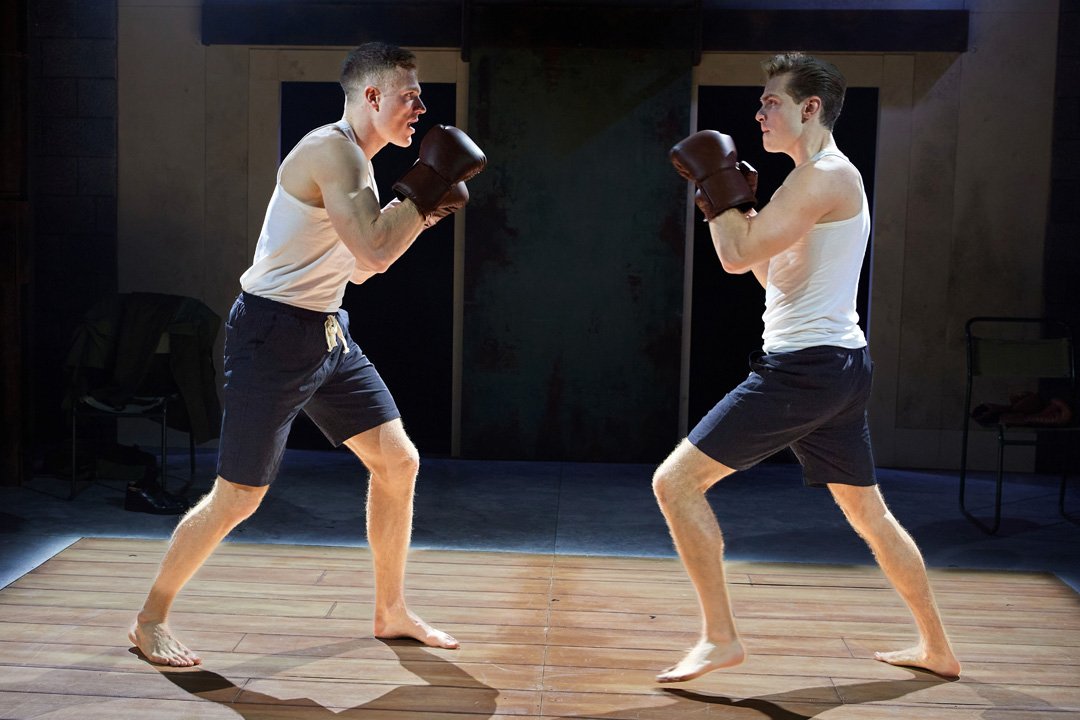
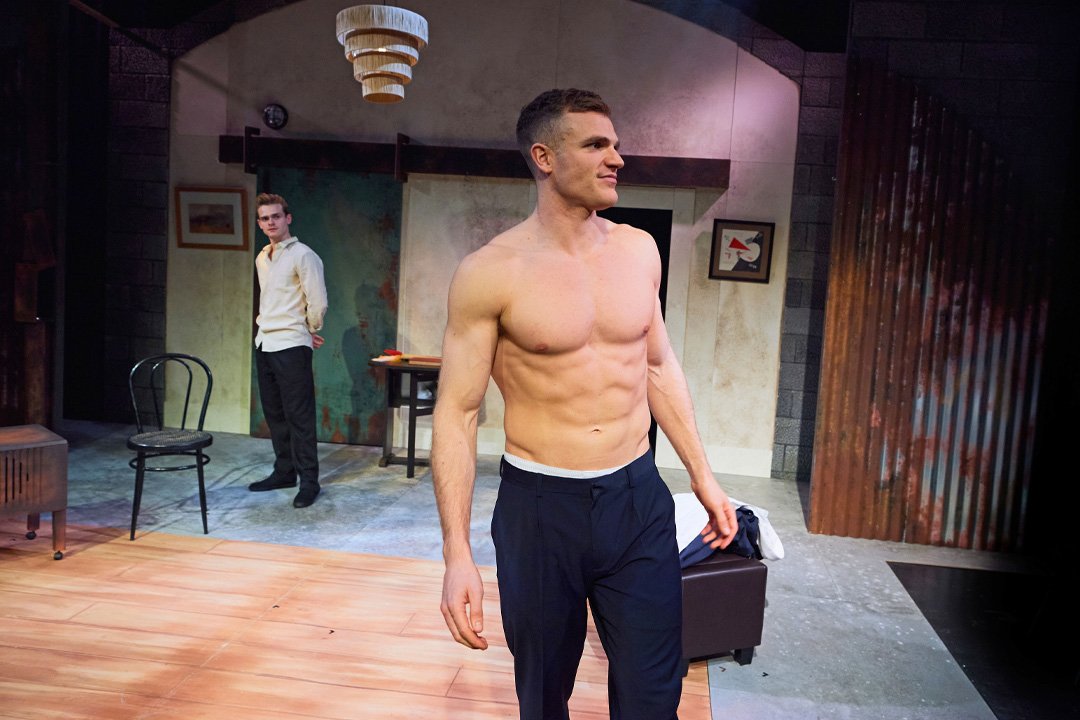
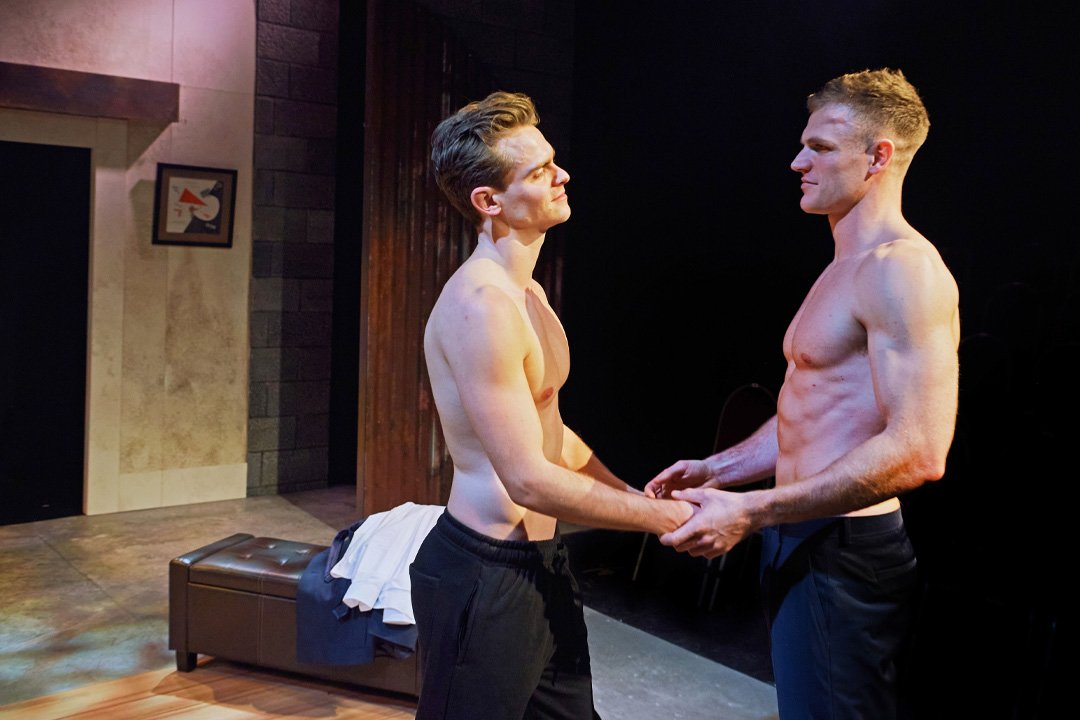
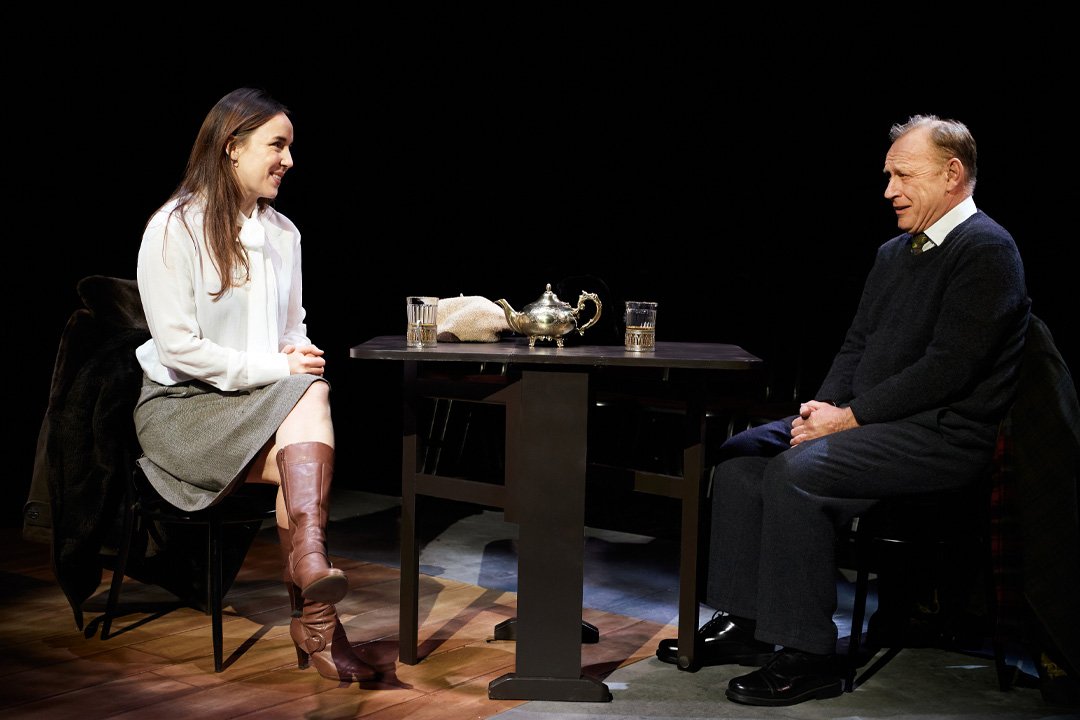
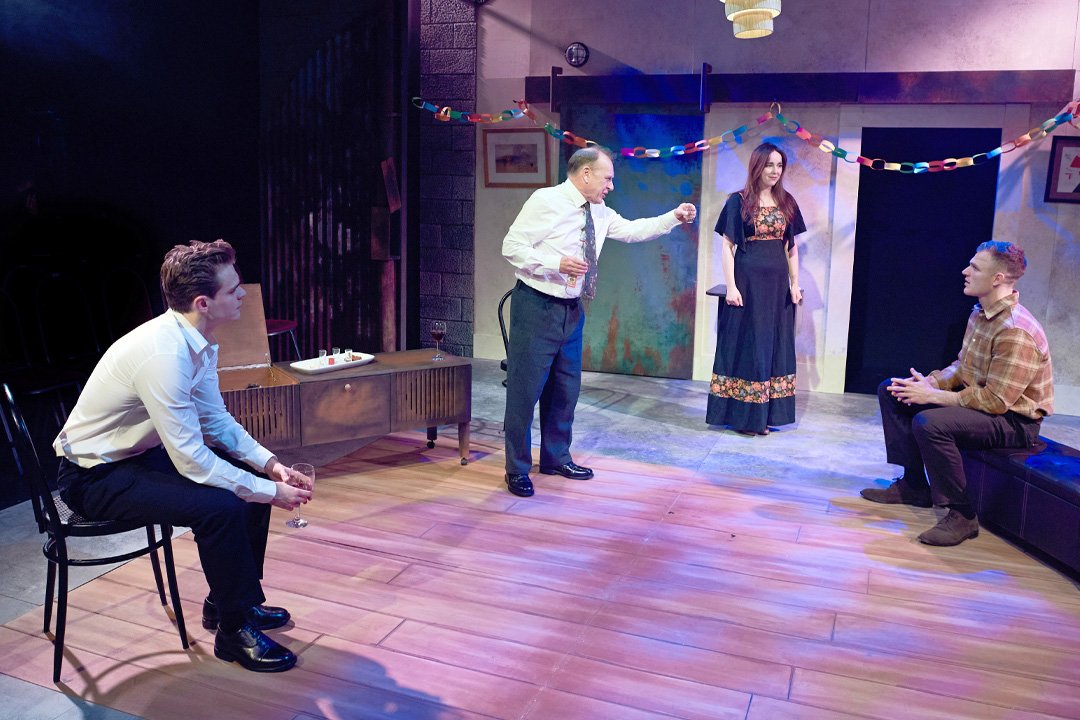
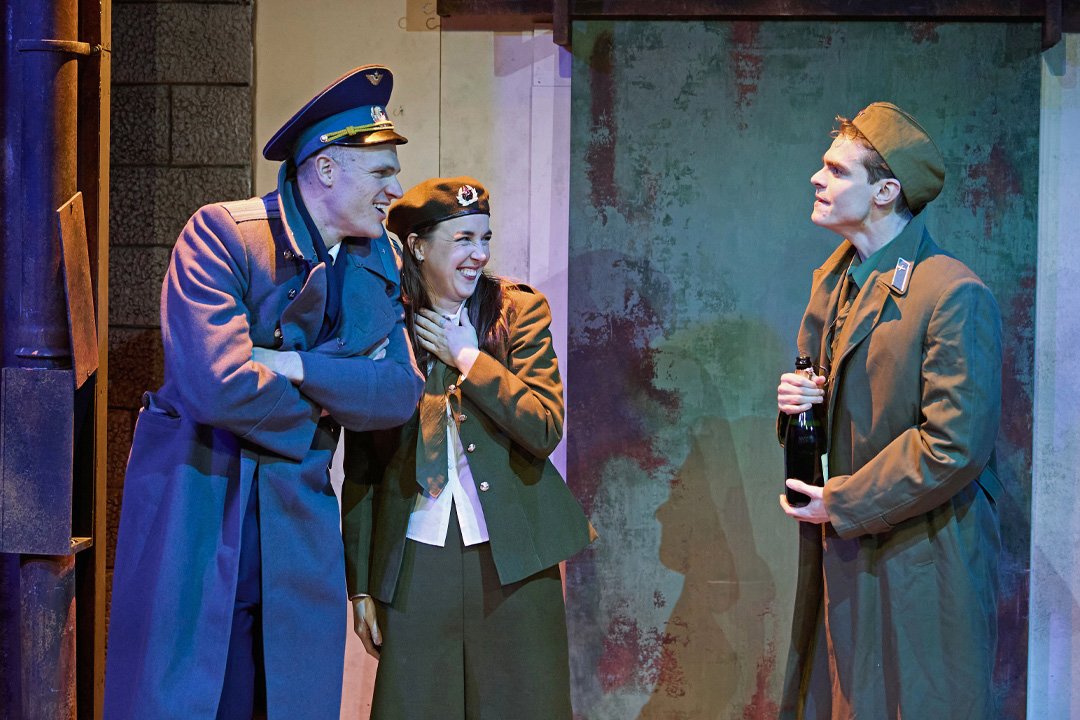
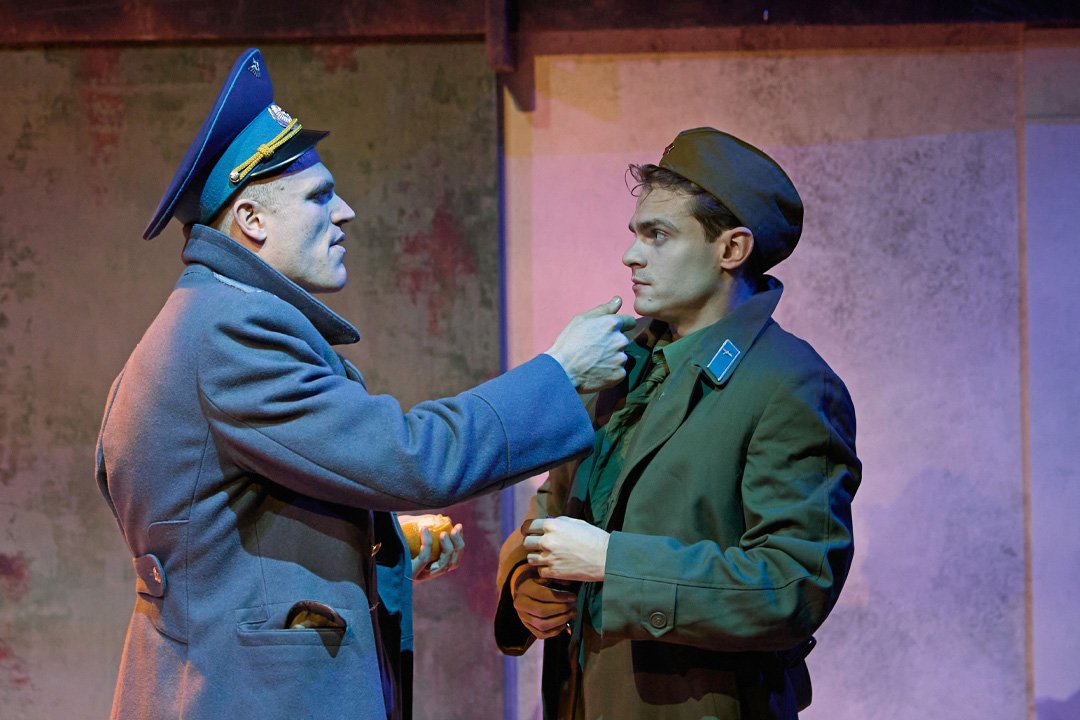
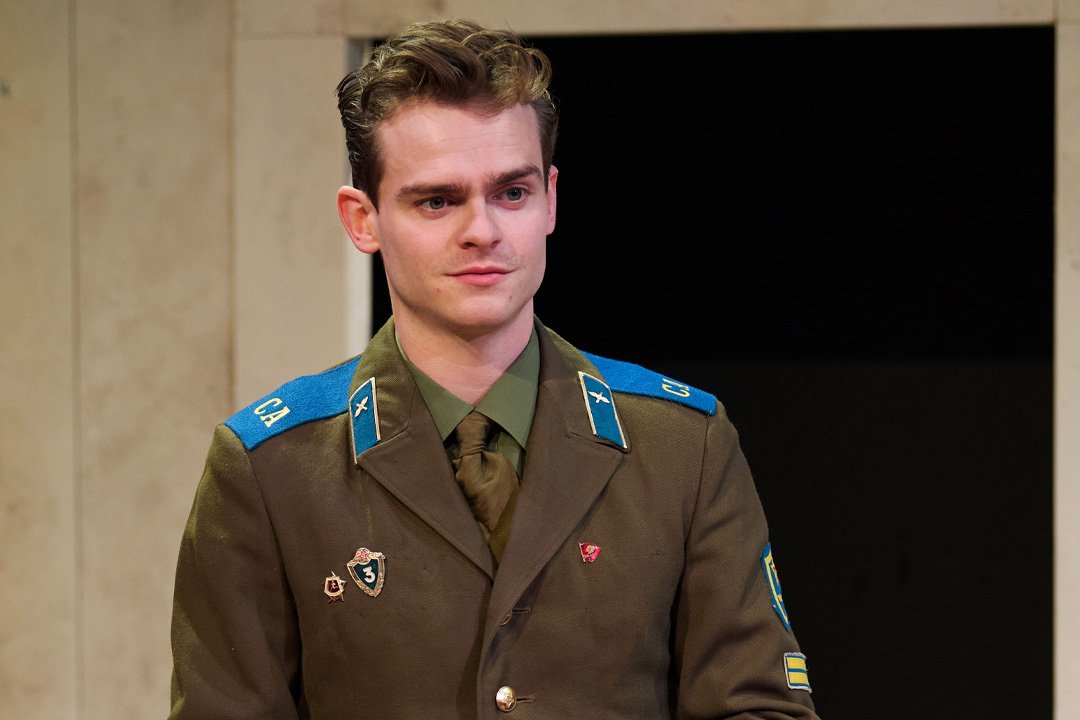
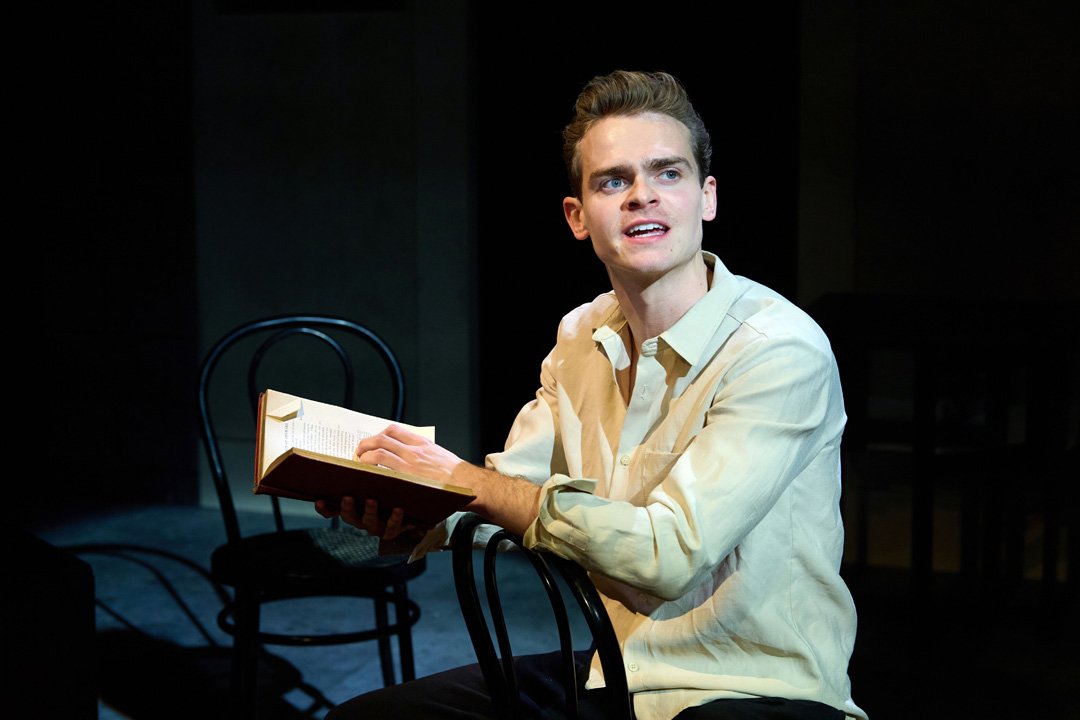
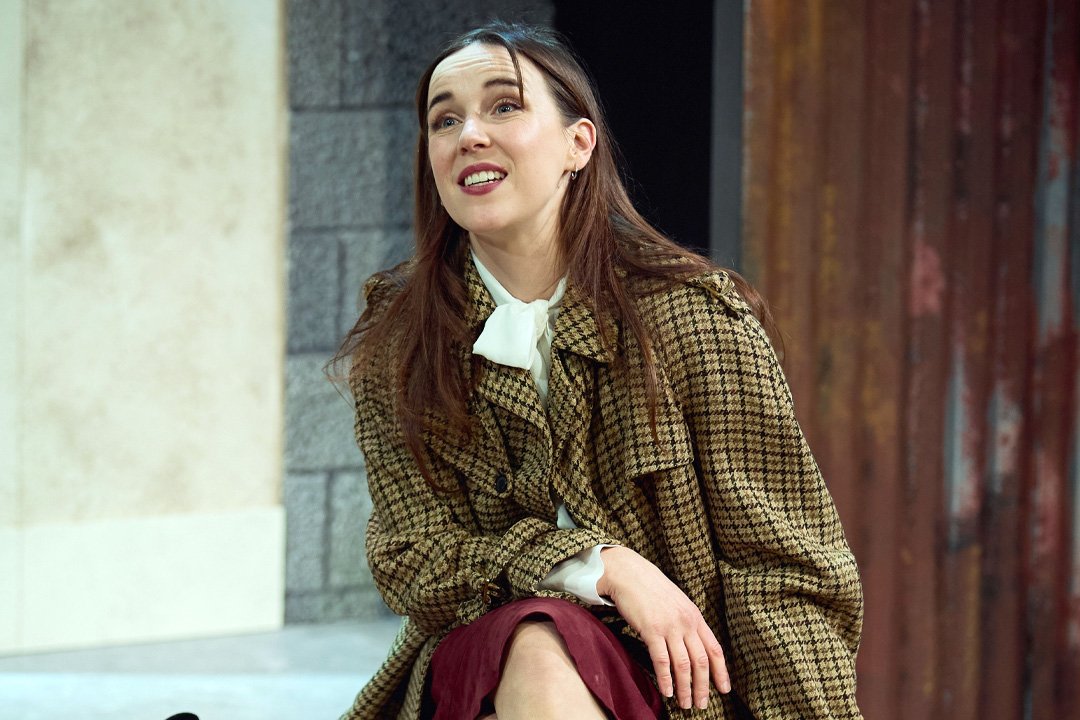
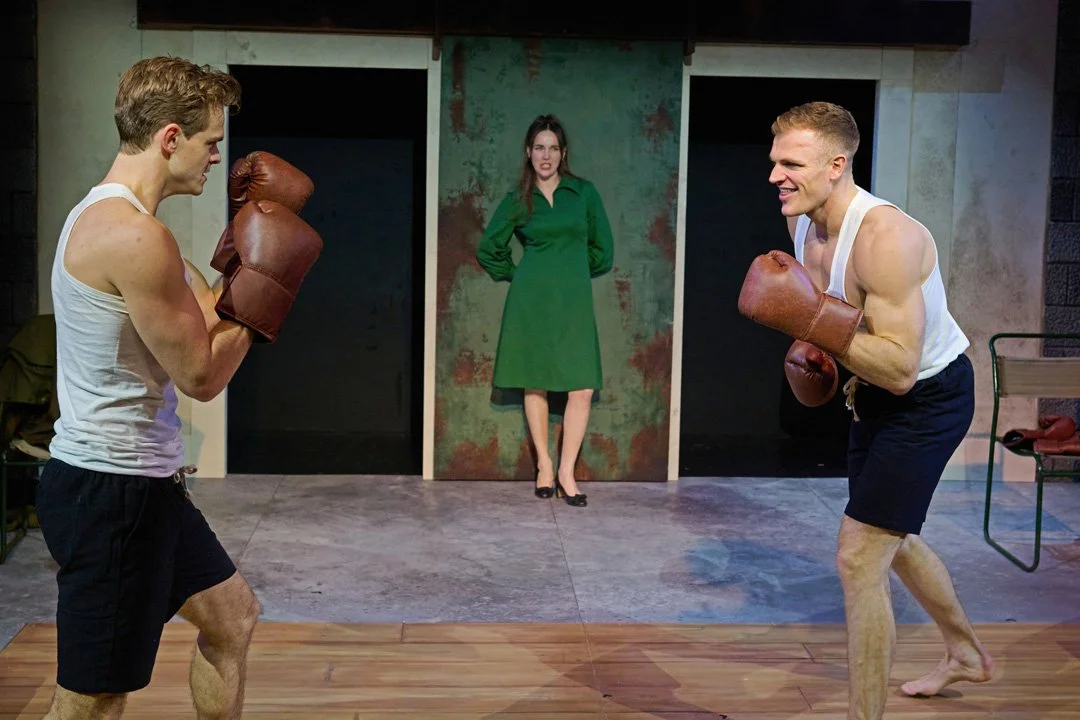
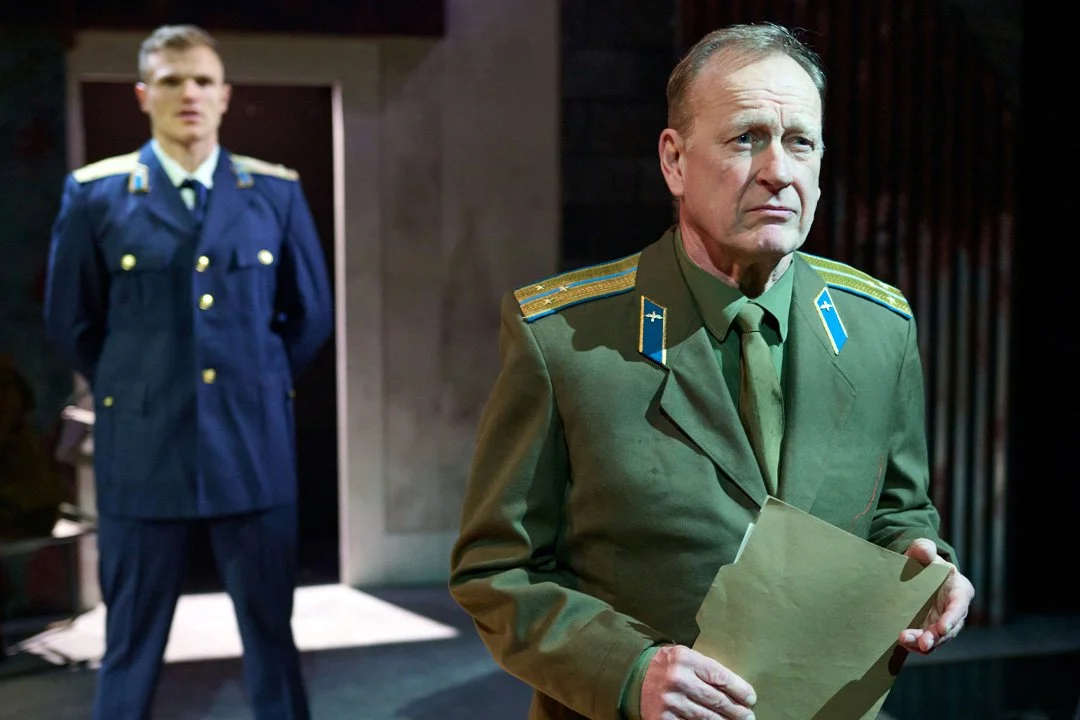
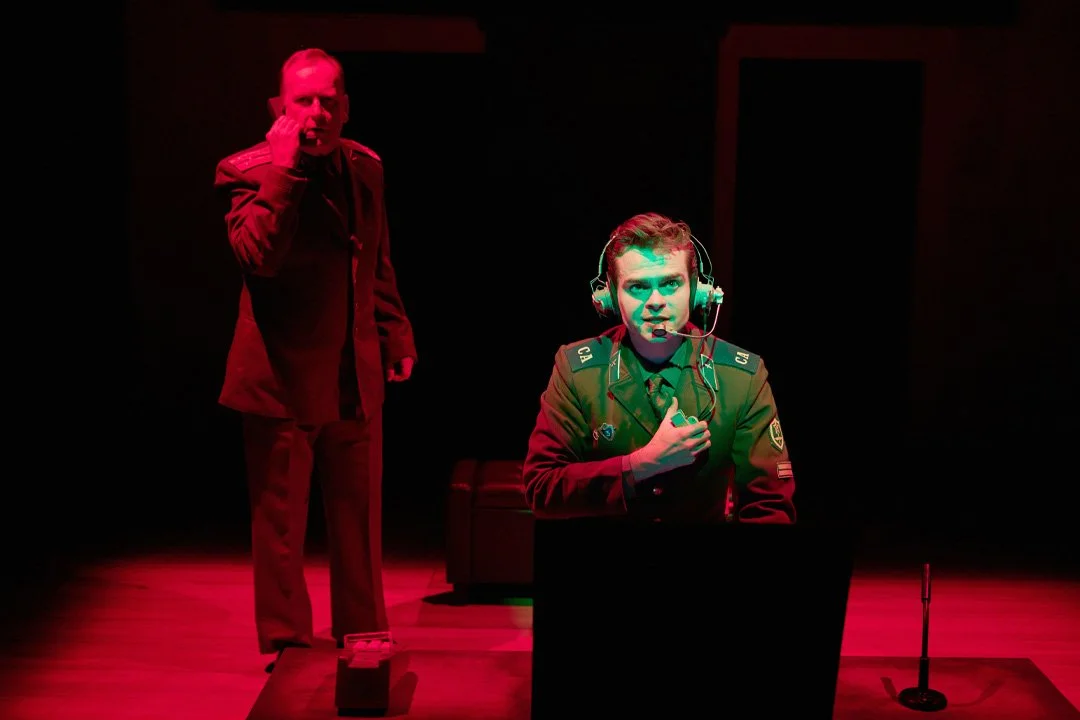
review: Simon J. Webb
photography: Geraint Lewis
